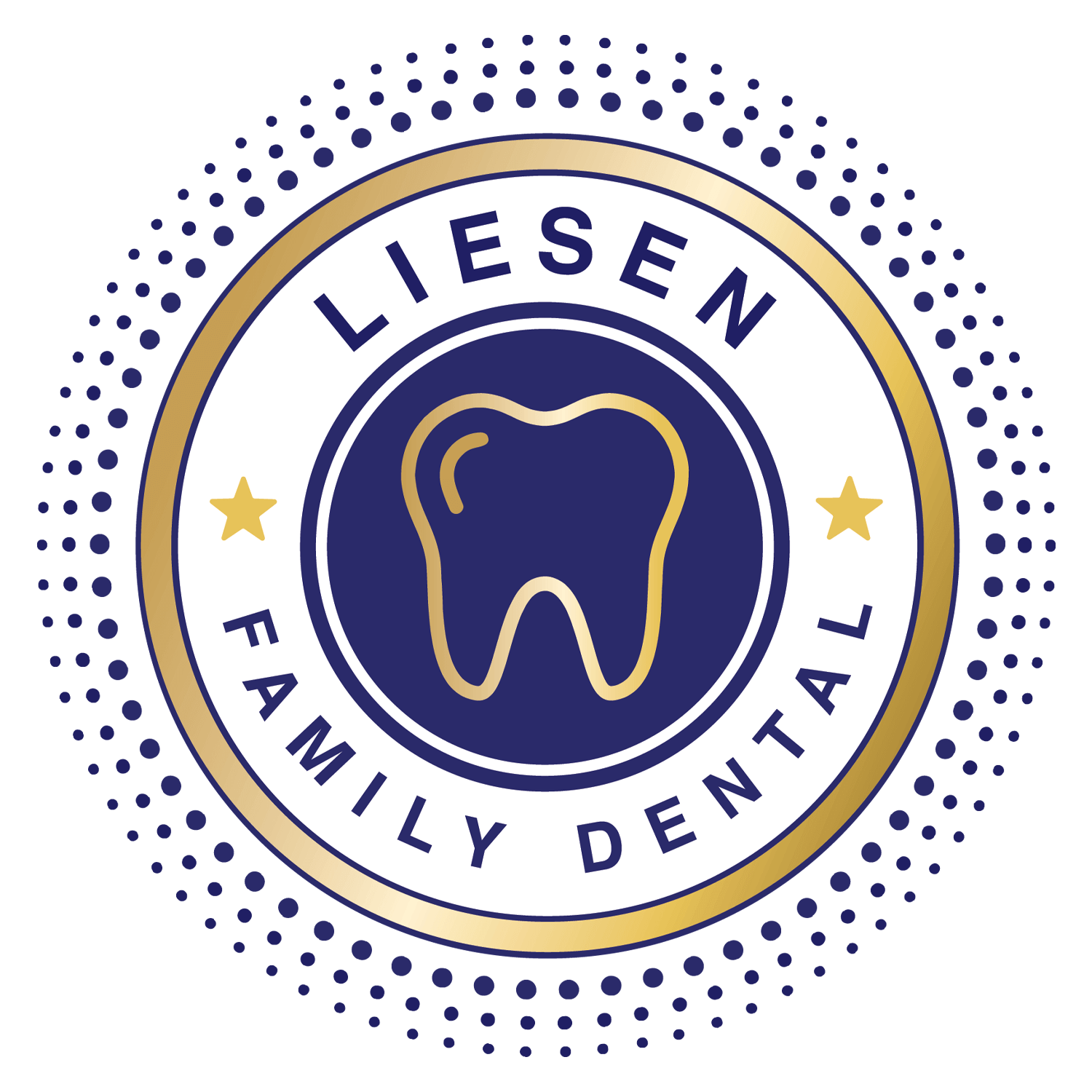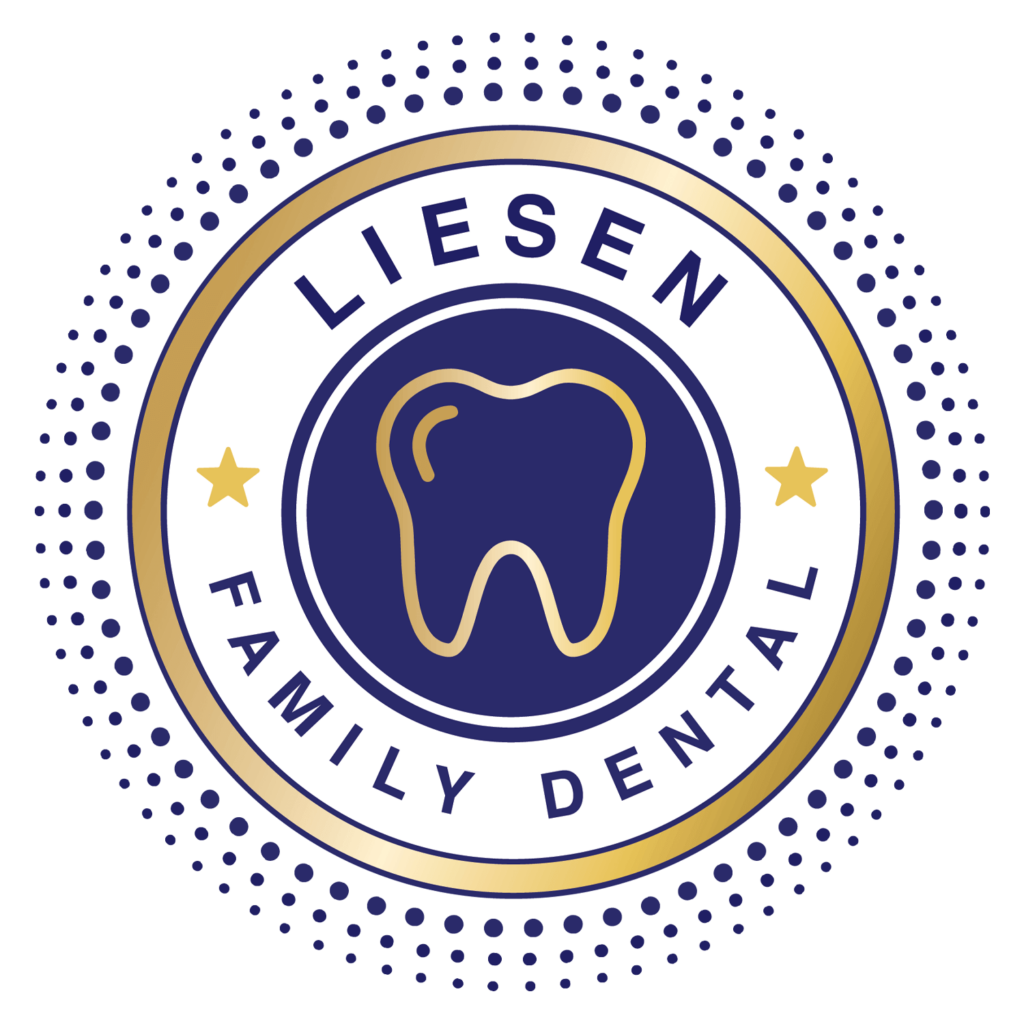A Comprehensive Guide by Liesen Family Dental, Collinsville, IL
Tooth pain or discomfort can be a real downer, affecting our daily life, mood, and even our overall health. Often, dental problems lead to the need for a procedure that many of us hope to avoid: a tooth extraction. At Liesen Family Dental in Collinsville, IL, we prioritize your oral health, ensuring that every decision made benefits your long-term well-being. In this guide, we’ll delve deep into the signs that might indicate the need for a tooth extraction and emphasize the importance of tooth extraction care.
1. Severe Tooth Decay:
One of the primary reasons people need tooth extractions is severe tooth decay. If a cavity isn’t treated in its early stages, it can progress to a point where it reaches the pulp of the tooth. This causes pain and can lead to infections that can endanger your overall health. If root canal therapy isn’t viable, tooth extraction becomes necessary.
2. Gum Disease:
Periodontal disease, commonly known as gum disease, can loosen the teeth. In advanced stages, it damages the bone and tissues supporting the tooth. This may make tooth extraction the most viable option to prevent further complications.
3. Crowding:
Sometimes, there isn’t enough room in your mouth for all your teeth. Overcrowding can push teeth into awkward positions, leading to bite issues and discomfort. To make space, especially before orthodontic treatments, a dentist might recommend a tooth extraction.
4. Impacted Teeth:
Typically seen with wisdom teeth, impacted teeth are those that don’t have enough space to emerge from the gums properly. This can cause pain, swelling, and even cyst formation. Removal, in this case, is often preventive, ensuring no further complications arise.
5. Fractured or Broken Tooth:
Accidents happen. If you’ve fractured a tooth in such a way that repair isn’t possible, extraction followed by a replacement option like implants or bridges might be the route to go.
6. Tooth Infections:
Sometimes, infections within a tooth can become recurrent or resistant. If root canal therapy or antibiotics fail to resolve the infection, the tooth may need extraction to prevent the spread to surrounding tissues.
Tooth Extraction Care: The Key to Recovery
Recognizing the signs you might need a tooth extraction is only half the battle. Proper tooth extraction care post-procedure plays a crucial role in ensuring a smooth recovery and preventing complications.
Pain Management:
Follow your dentist’s recommendations for pain relief. Over-the-counter pain relievers can be beneficial but always adhere to the recommended dosage.
Swelling Control:
A cold pack can be applied to the cheek near the extraction site to reduce swelling. Use it intermittently, 20 minutes on and 20 minutes off.
Oral Hygiene:
While you should avoid direct rinsing or brushing near the extraction site for the first 24 hours, keeping your mouth clean is essential. Saltwater rinses can be soothing and help with healing.
Dietary Changes:
Stick to soft foods for a few days post-extraction. Avoid hot, spicy, or crunchy items that could irritate the extraction site.
Avoid Harmful Habits:
Smoking or using straws can interfere with the healing process and even dislodge the blood clot that forms in the extraction socket – a condition known as dry socket.
Follow-Up:
Always attend any scheduled post-extraction check-ups. This allows your dentist to monitor healing and catch any early signs of complications.
Book An Appointment At Liesen Family Dental Today!
Remember, every patient and situation is unique. If you think you might be exhibiting signs that you need a tooth extraction, it’s essential to consult with professionals like us at Liesen Family Dental in Collinsville, IL. We’ll guide you through the process and ensure that you receive the best tooth extraction care available. Your oral health and comfort are our top priorities. Don’t wait for complications to arise; seeking early intervention can save you discomfort and potential health risks in the long run.


